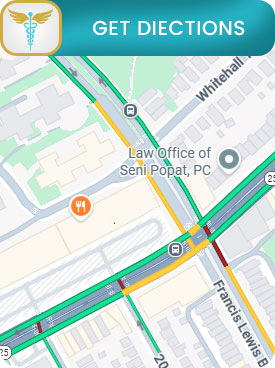What are Anxiety Disorders?
At Marcellus Wellness & Addiction, adult nurse practitioner Jean-Jeffery Marcellus provides compassionate care for individuals experiencing anxiety disorders. These disorders involve intense, excessive worry or fear that can interfere with daily life, including conditions like generalized anxiety disorder, panic disorder, and social anxiety. Symptoms may include restlessness, difficulty concentrating, rapid heartbeat, and sleep disturbances. For more information, contact us or schedule an appointment online. We serve patients from Queens NY, Brooklyn NY, Hempstead NY, Jamaica NY, Elmont NY, and surrounding areas.



Additional Services We Offer

Additional Services We Offer



